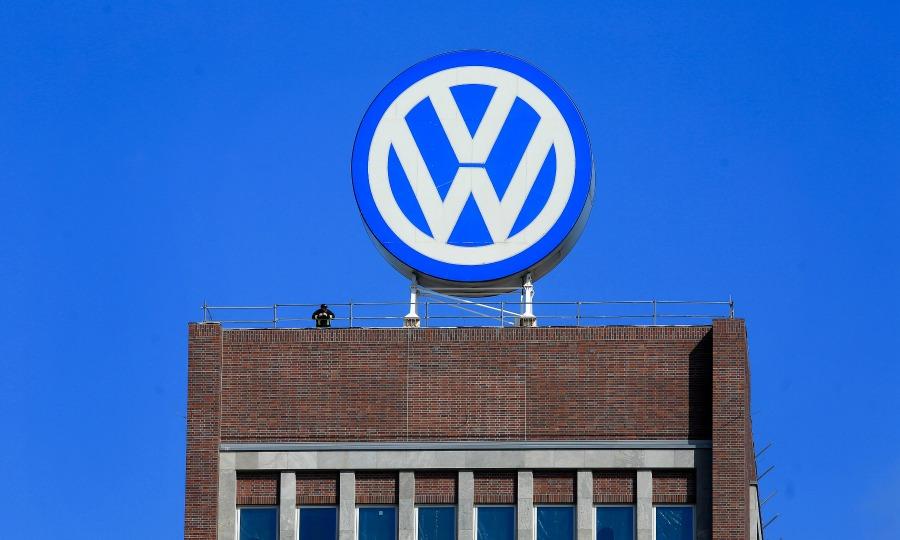Volkswagen has big electrification plans across all of its subsidiary brands. They have a lot of models to cover and a lot of batteries that need to be made for them. VW has signed many deals for batteries from battery companies, but now they are mulling over whether or not they should make the batteries themselves.
Volkswagen has one of the biggest electrification plans as they try to distance themselves from their dieselgate incident. By 2030, they hope to have an electric variant of each one of it’s brand’s models (VW, Porsche, Audi, etc.).
By 2025 they hope to produce 3 million electric vehicles across all of their brands. Obviously they will need to produce a lot of batteries. Instead of taking the task themselves they issued $48 billion worth of battery supply contracts with existing manufacturers.
But the sentiment may be shaky as VW CEO Herbert Diess said after the group reported their second-quarter results:
“We must not make ourselves dependent on a few Asian manufacturers in the long term”
So the current contracts seem to be up to 2025, but after that VW might seek out to start producing their own batteries. And these batteries might end up being solid-state ones.
As the name implies, solid-state batteries use solid electrodes and electrolytes instead of the liquid ones found in current lithium-ion battery cells. The biggest advantage of them is their higher energy densities and lower chance of flammability. The issue, is that they are very expensive to produce as of now. But Diess stated that the ceramic separators found in certain solid-state batteries are getting more viable to mass produce and that a factory might eventually end up in Germany.
For the time being they’ll rely on battery cells from Chinese companies such as CATL for their upcoming Audi e-tron quattro and their own I.D. series of cars. But battery technology is evolving fast and within 7 years it might be viable to mass produce solid-state batteries.
This does open up a topic of discussion of what is the best course of action for these companies who plan on mass-producing electric cars. Does it make more sense to go the VW route and be dependent on other companies for your battery cells? Or is it better to go the Tesla route and have the security of having your own plant for battery cells?
For the time being it seems that contracting out battery cells is more popular. But once batteries become even cheaper to produce we might see a shift towards automakers making their own batteries, especially if they can get a leg up on the competition and bring solid-state batteries to their vehicles before others can.
What do you guys think? Let us know down in the comments below.
Source: Reuters
